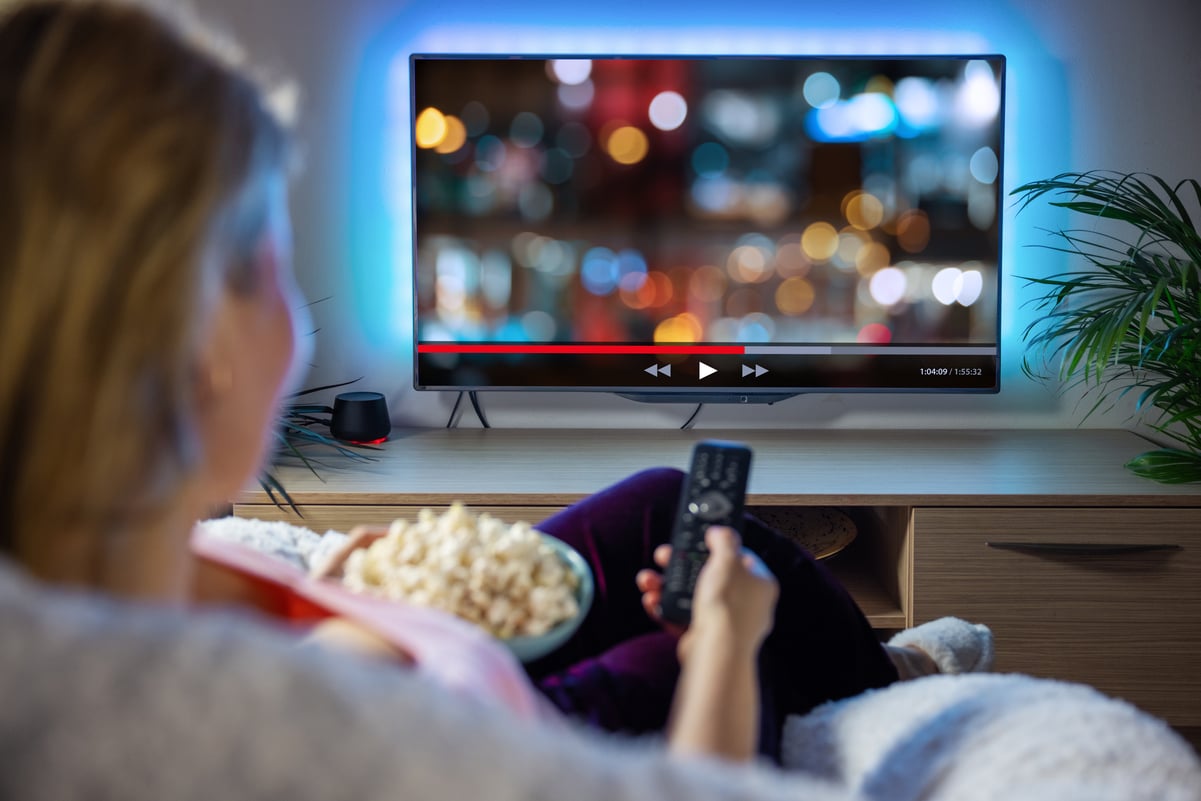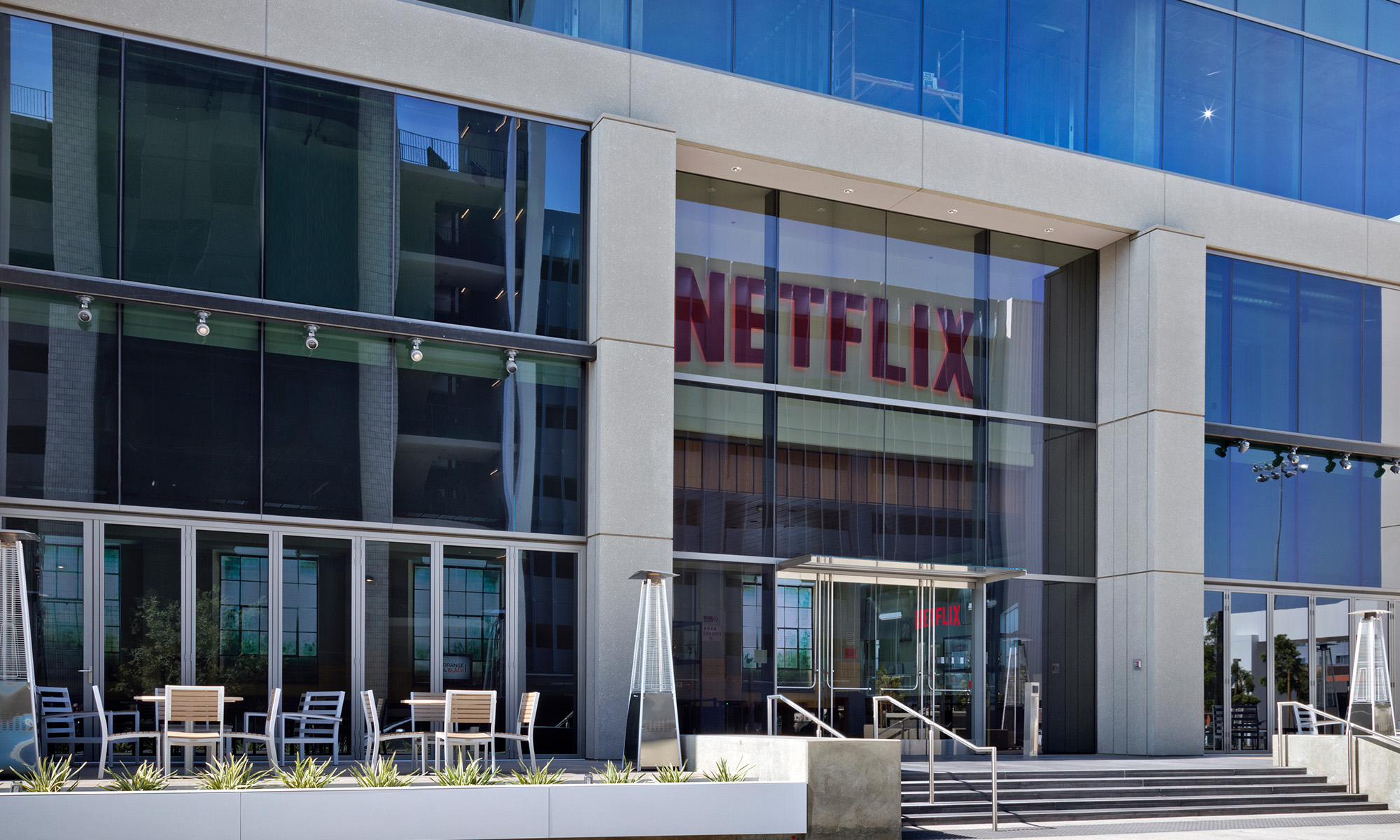In this segment from the Motley Fool Money radio show, host Chris Hill and Million Dollar Portfolio's Jason Moser and Matt Argersinger ponder the new paradigm for television; the creative freedom that comes with working for a streaming media company, as opposed to traditional networks; and where the business is going.
A full transcript follows the video.
This video was recorded on July 14, 2017.
Chris Hill: Emmy nominations came out this week. HBO, leading all the networks with 110 nominations. Not a big surprise, because, guys, that makes the 17th year in a row that HBO has earned the most Emmy nominations. But the lead is shrinking. Netflix (NFLX +0.93%), which just a few years ago had zero nominations, came in second with a total of 91. Jason, Time Warner, HBO, Netflix, they invest in their programming, and it's paying off.
Jason Moser: Absolutely. I think it's a matter of when and not if we see Netflix take that No. 1 spot at some point. And don't dismiss Amazon, either. I've been more surprised, honestly, by Amazon's progress in that realm, as opposed to Netflix or HBO, because they picked it up so quickly.
But with that said, I think this all boils down to creative freedom. It's something that network TV has really got to figure out how to deal with. And I don't know if there really is a simple answer. Amazon, Netflix, HBO, even Hulu, these streaming services, they have the opportunity to give these artists, producers, and actors creative freedom to do whatever they want, and they're not really hamstrung by language, sex, violence, whatever it may be. So you liken that to a Sirius XM, just in that you're able to get more of, perhaps, what you want, and if you don't like it you can just change the channel. You can't really do that with traditional network television today. So I suspect we'll keep on seeing this happen.
It's certainly playing on, I think, in the movie theater, in that I'm just not really that compelled by movies that are out there today. I think you're seeing a lot of reboots of old franchises that are not that good, you're seeing sequels that are really kind of pointless, because I think Hollywood at this point has really run out of answers because there's so much great stuff on TV. So there's more content than I think anybody really has time to consume. The flip side, the potential rub here, it's a lot of great content spread across a number of different networks. So you have to wonder at some point, when do we reach parity between the old cable bundle and now your a la carte collection of channels that you like?
Matt Argersinger: Something Jason said earlier, the constraints that the networks and the traditional cable channels face with programming -- I think one of those constraints you didn't mention was the episode time. I remember several years ago, when House of Cards first came out. I read an interview where directors and producers were talking about the projects they had coming up for Netflix, and one of the things they love is the fact that you don't have to be constrained by "I have to have a 42-minute episode for an hour long," because they have to factor in commercials and all these things. We watch shows on Netflix where one episode can be 47 minutes, one can be 67 minutes, and you'll find an episode with 30 minutes, and it's all in the same season. I just think that alone has been so disruptive to traditional programming and content.
Moser: I think it's really easy to jump on that train and be concerned about how much it costs to make all of this content. But really, at the end of the day, it doesn't matter if you have a pretty big, loyal subscriber base and you're charging a nominal fee. With Netflix, you can go anywhere from $10 to $15. HBO is something like $15. You're targeting that point where people aren't really going to sit there and fuss about that, as long as they feel like they're getting value out of it. I think Netflix's big point of success up to this point is, it's a phenomenal value for the price you pay. So I think they even have some room to run on the pricing side there as well.






